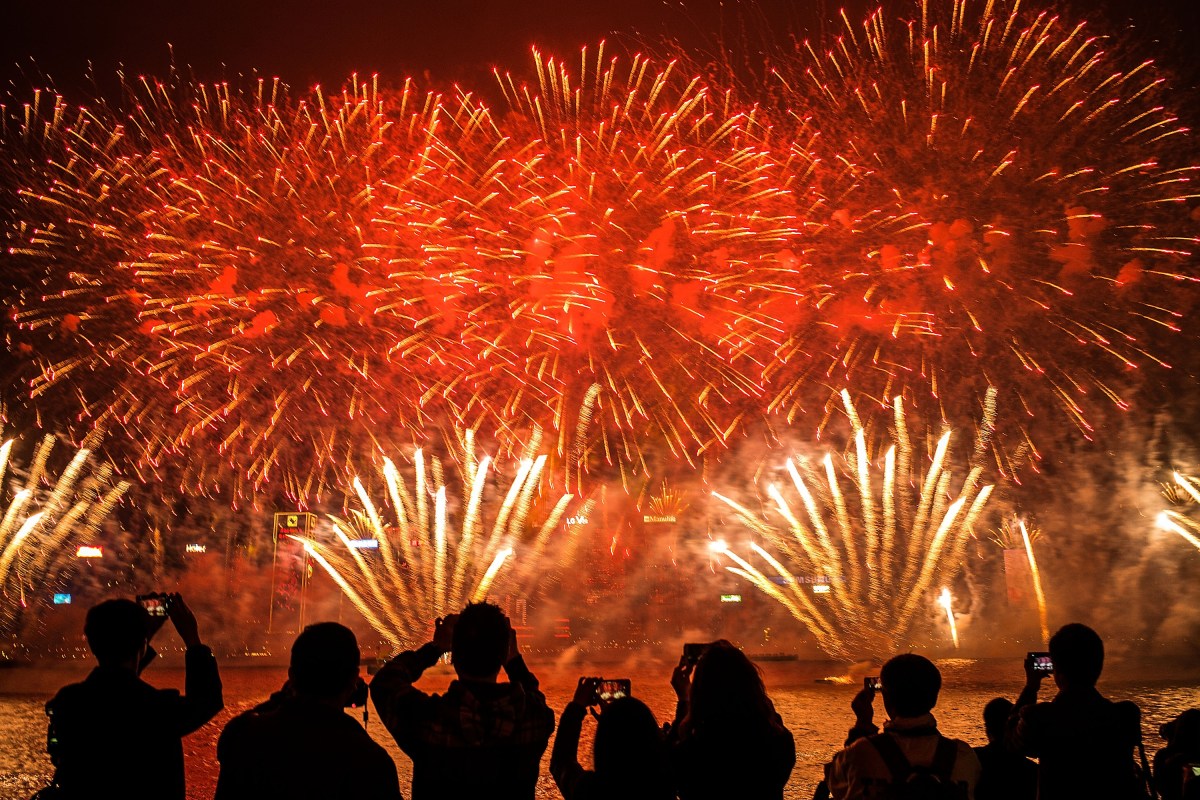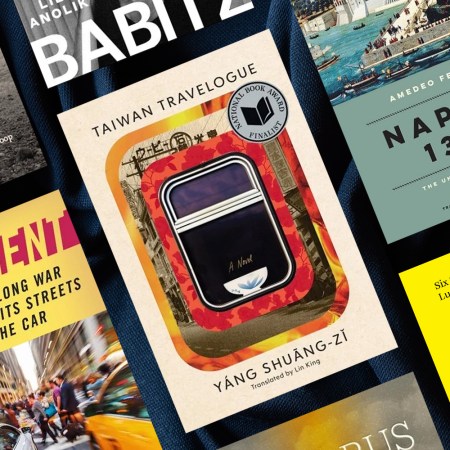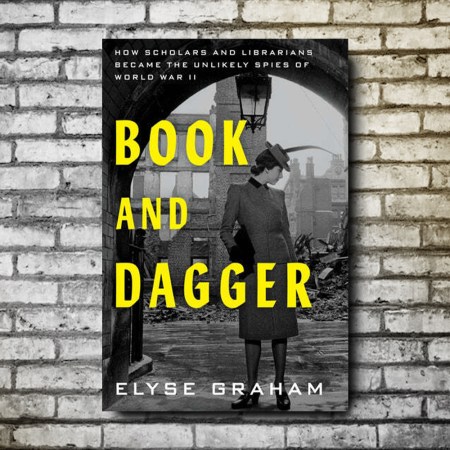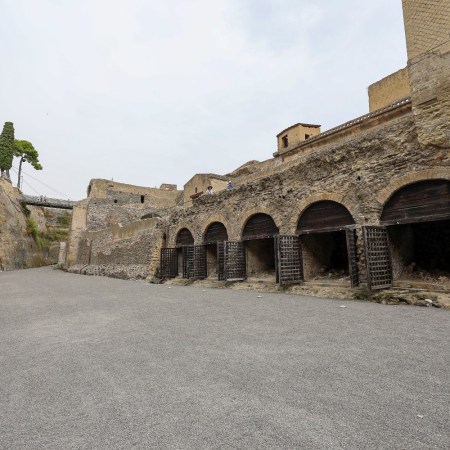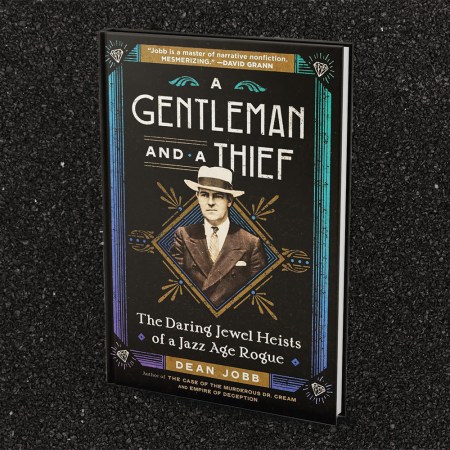Fireworks are about as Chinese as apple pie is American. And yet they are inexorably with our national day of independence because, let’s face it, there is no greater way to celebrate anything than by painting the sky with a rainbow of combustible chemicals. Below, we explore some of the more notable moments in the history of American pyrotechnics, from accidents to
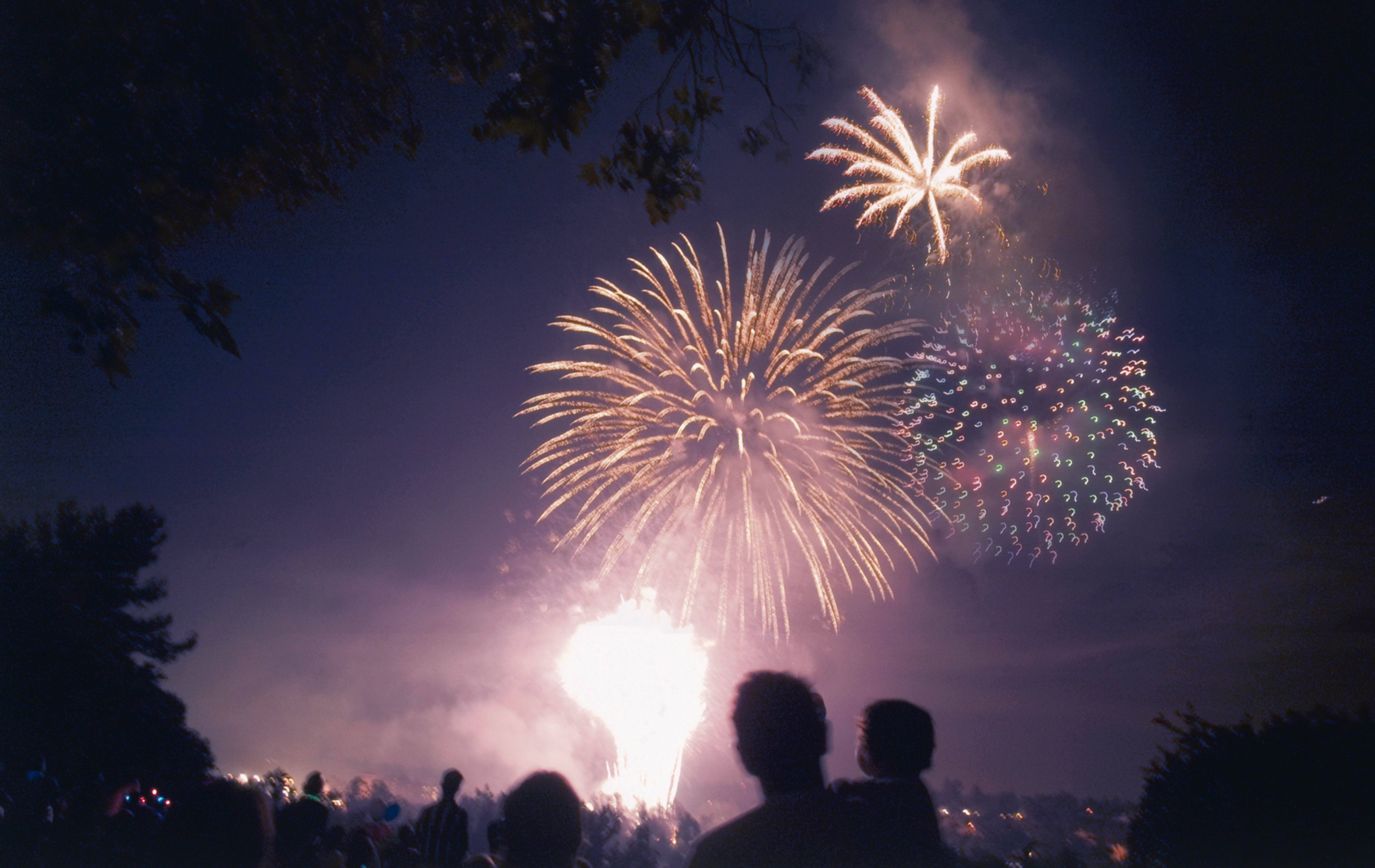
Dangerous but necessary?
Fireworks are super dangerous, as most people (but not all NFL players) know. But one of the most brutal displays of pyrotechnics was a total accident that didn’t even happen on the Fourth, The New York Times reported. It dates to July 3, 1908, when a sparkler set a fireworks store on fire and, well, you can guess what happened next.
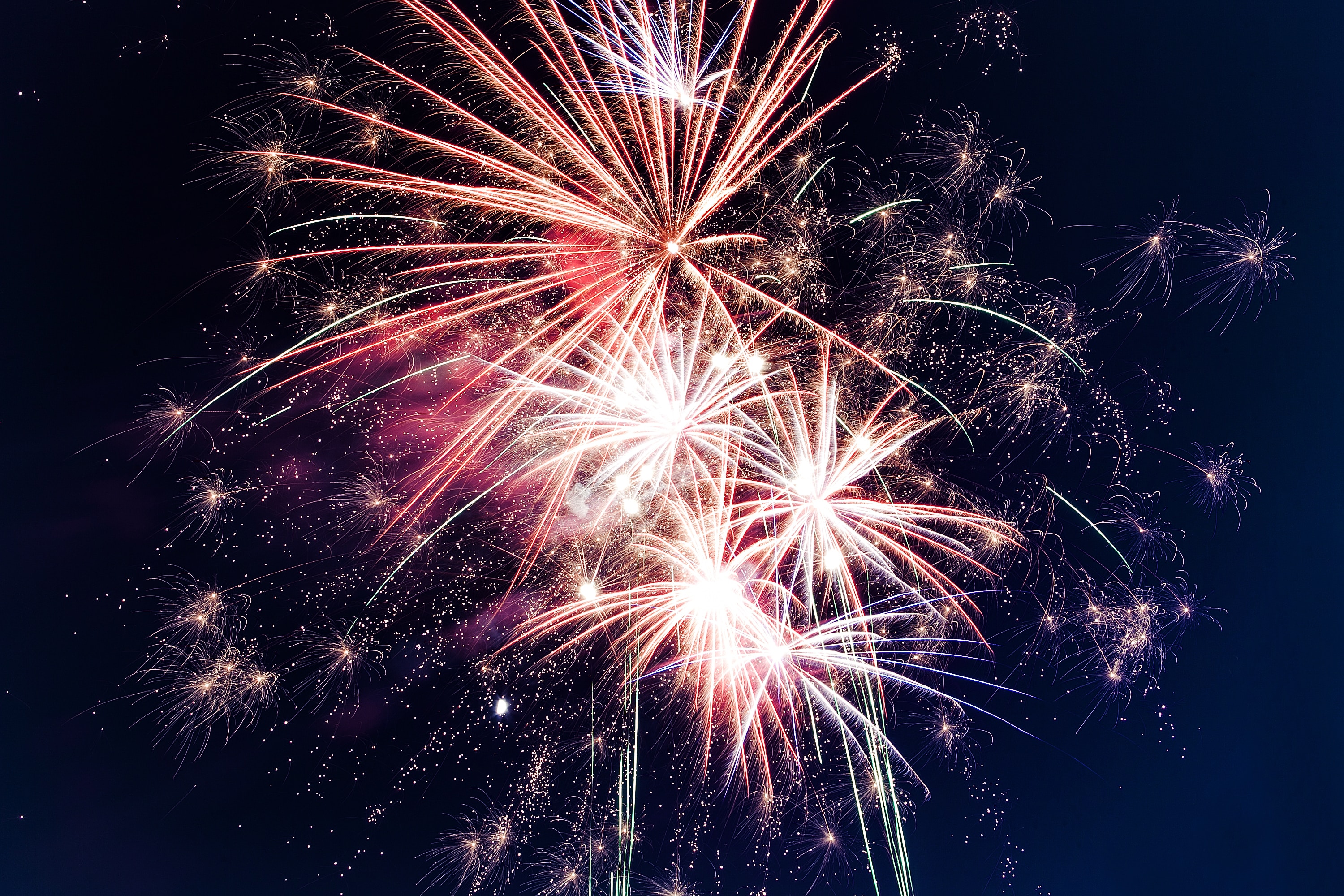
Loud and proud
Perhaps in response to incidents like the above, there was once a movement in this country to scale back from the loud, showy revelry of the Fourth, according to Smithsonian.com. In 1903, a Pennsylvania lawyer penned an op-ed calling for a “quote and sane observance.” Thankfully, that didn’t take.
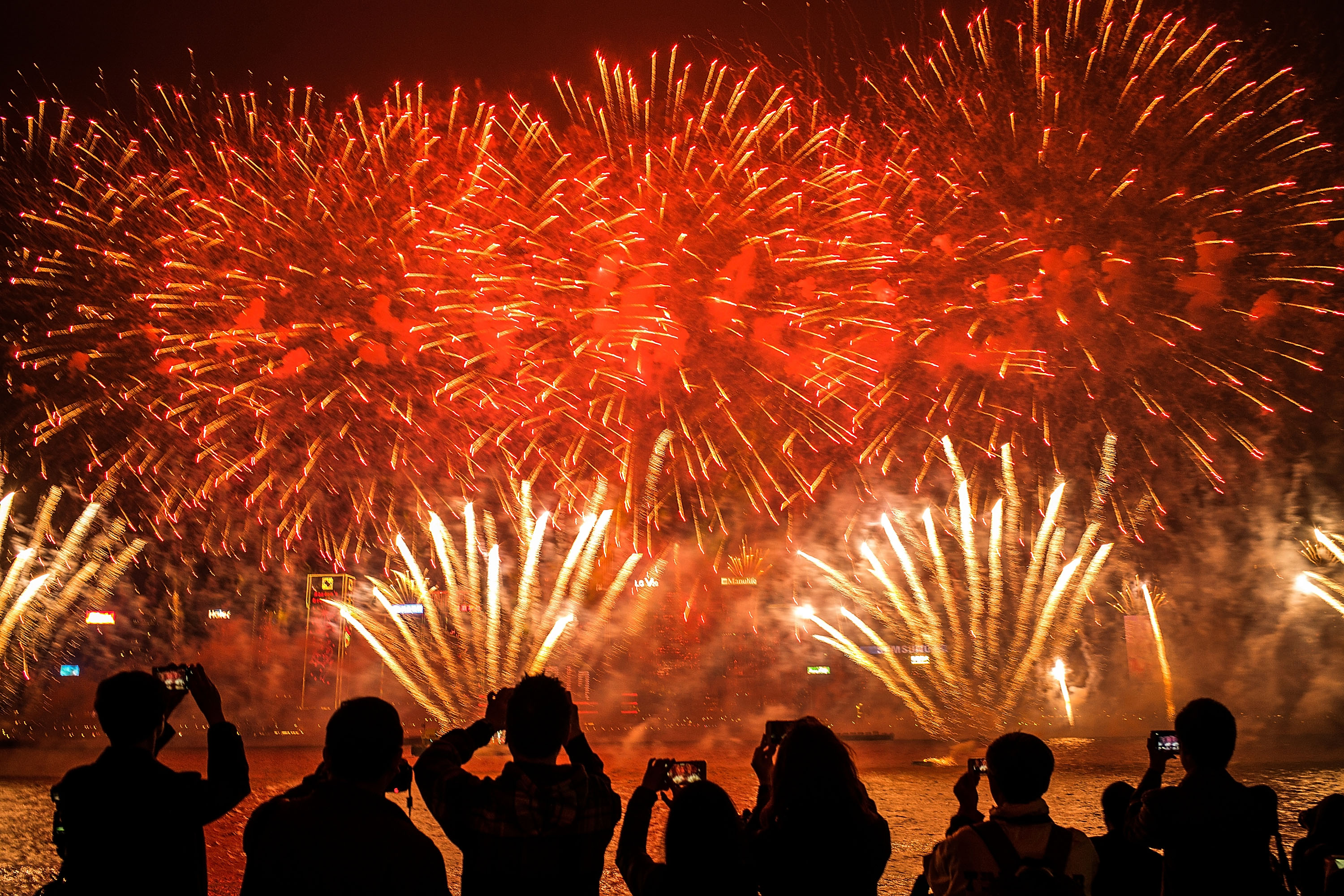
Some people ruin it for everyone
What has stuck for nearly a century, however, are the archaic fireworks laws that are still in place across many of our states. Vox was able to link these rules back to an incident that took place in Iowa in 1931, when a young boy accidentally ignited a crate of fireworks that tore through 80 businesses and racked up $2 million in damages. Today, some of these laws are finally starting to loosen up.
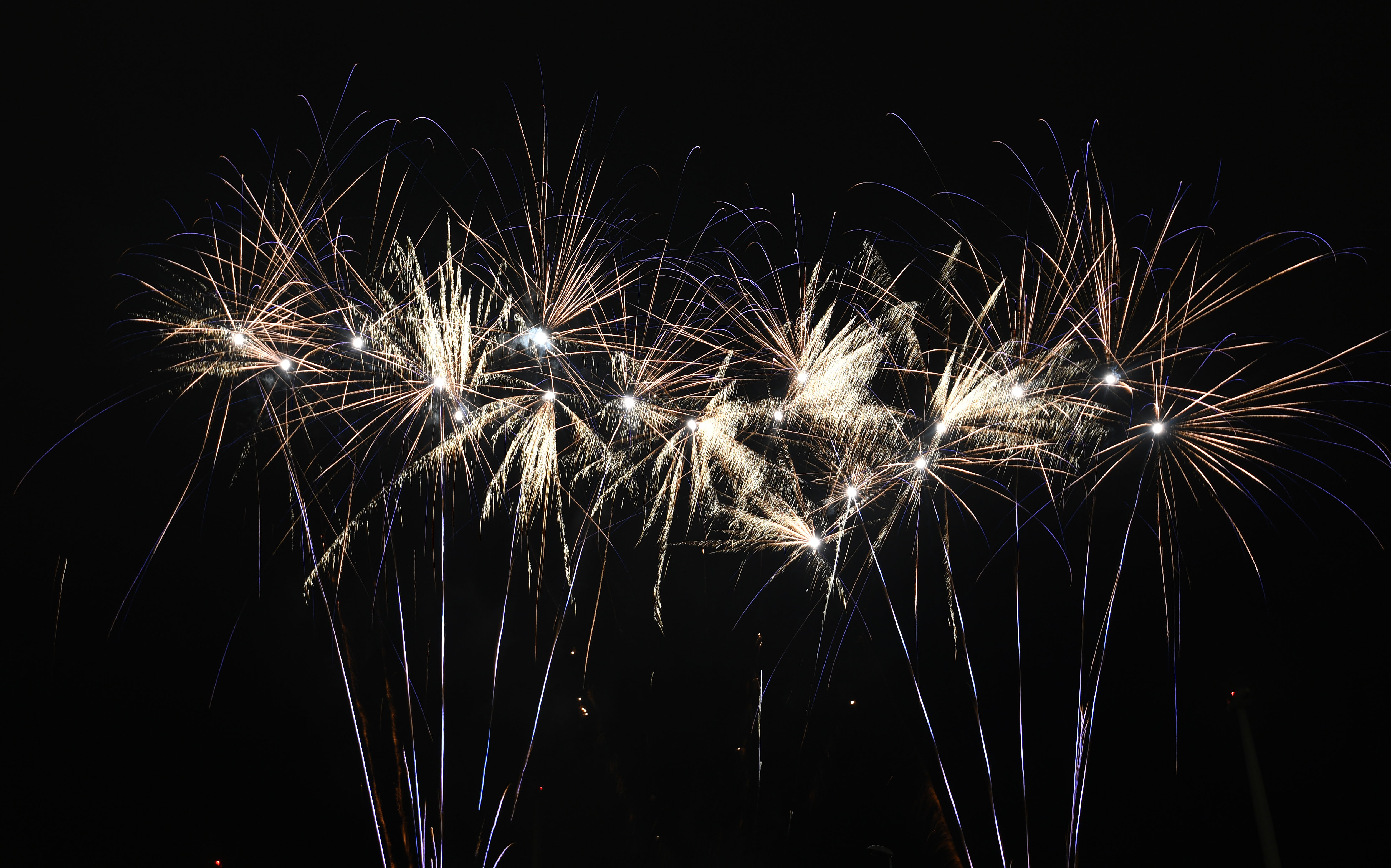
A bicoastal effort
The country’s biggest Independence Day fireworks display happens each year in New York City. But did you know that the Macy’s show wouldn’t happen without borrowing the dry, wide-open space of a California desert for multiple rounds of testing? The Times followed Pyro Spectaculars by Souza, the company behind the spectacle, out there for a firsthand look.
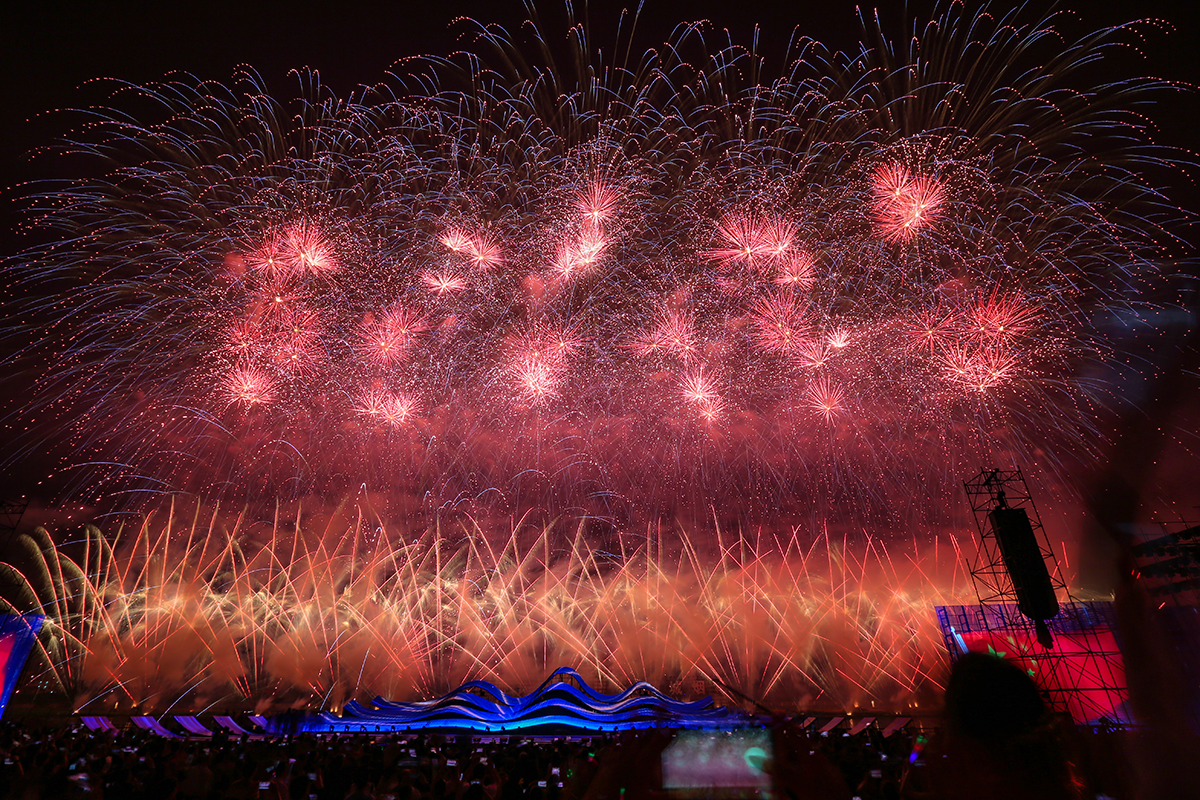
And it’s all thanks to the fireworks whisperer
The Chinese city of Liuyang is the undisputed fireworks capital of the world, and one man — “known to industry insiders as ‘Mr. Ding’” — rules over the entire industry with an iron fist: some 70% of the pyrotechnics exported to the U.S. each year do so under his control. Last year, The Washington Post sent Damian Paletta and Emily Rauhala overseas to find him.
This article was featured in the InsideHook newsletter. Sign up now.
